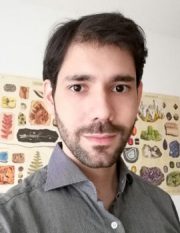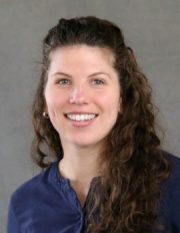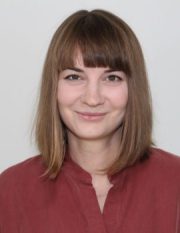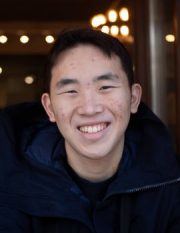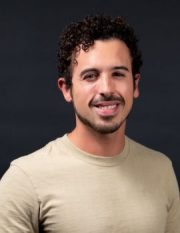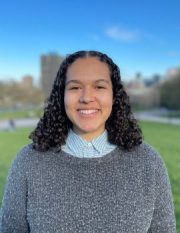Camille Rubel completed her Bachelor of Science in chemistry at the University of California, Berkeley, and she is currently a Ph.D. candidate at The Scripps Research Institute. The title of her award application is “Air-Stable Ni(0) Precatalysts: Electrochemical Preparation and Catalysis.”
Despite its instability in air, Ni(COD)2 has remained the most important Ni(0) precatalyst and organometallic precursor since the mid-1990s. To overcome its instability and allow the full environmental benefits of Ni-catalysis in enabling unique C–C bond formation reactions at scale, Camille has worked to develop a family of air-stable Ni(0) precursors. These precatalysts offer similar efficacy, allowing researchers to avoid energy-intensive glovebox work and apply nickel catalysis on large scales. In addition, an electrochemical preparation of these precatalysts was developed, allowing more efficient, safer access to the low-valent nickel complexes. The environmental benefits of this work include replacing palladium catalysis in industry with nickel catalysis, reducing the environmental burden of precious metal use, and decreasing hazardous chemical use (e.g. pyrophoric chemical reductants).



